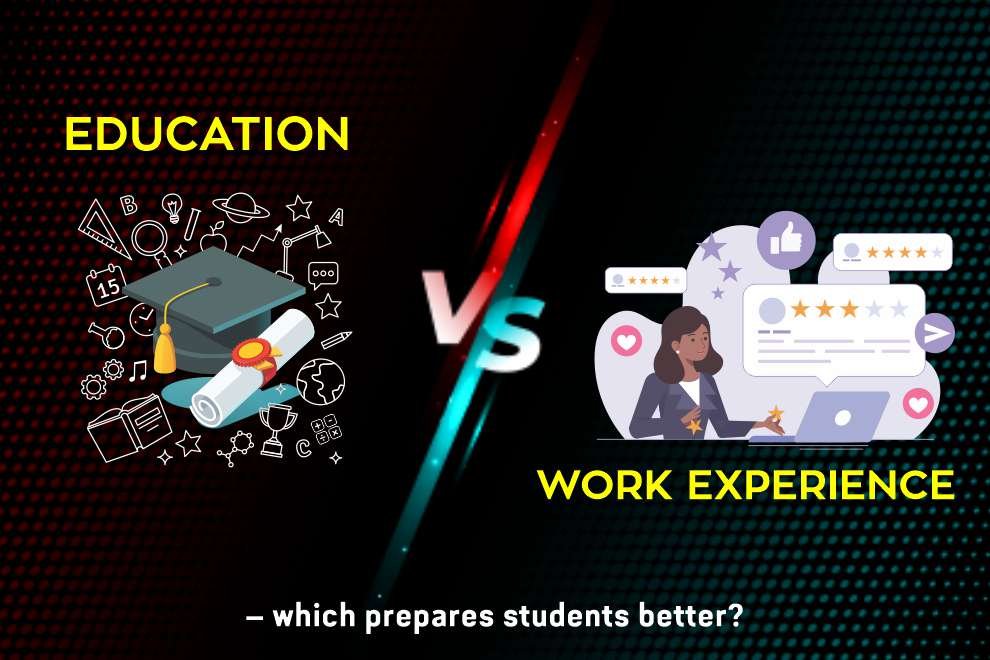Preparing young adults for the professional world is a tricky balancing act at times. The ultimate aim is to prepare people for working life and to create the maximum amount of economically active citizens for the future of society. However, there are different ways to achieve this and it’s been the subject of debate for many years.
Education and work experience are the main two pathways for young adults before they reach adulthood, but only past a certain age in countries like the UK. Primary and secondary education is a legal requirement for children and teenagers until they are 16, at which point, they have more options depending on which country they live in. Past this age is where the debate between further education and work experience really kicks in. Below, we delve into some of the main considerations to weigh up which path prepares students better for adult life.
Soft and hard skills
The process of any education or work experience is designed to upskill and develop individuals to be valuable to employers and therefore society at large. Both can help to develop soft and hard skills but different skill sets may be more effectively acquired through one or the other. Take the trades, for example. Only so much theory can be learned before you take on practical challenges and learn through a more hands-on approach using tools like electric screwdrivers, saws and wrenches. Hard skills such as these can certainly be developed more quickly through work experience and real-world scenarios.
Education is perhaps more adept at developing soft skills than hard skills, but that’s not to say that all skills can be developed in a variety of ways. Both paths are likely to force you to work to deadlines, use your interpersonal skills and tighten up your organisation, but education approaches things from a more theoretical level than practical. Of course, in certain professions such as medicine, there needs to be a fundamental understanding of the theory and then the real-world application is introduced as part of the training – so in some industries we see education and work experience combine to prepare young professionals for their careers.
Real-world integration
Integrating into the working world is such an important process and work experience typically has the edge on education with regards to this. Work experience combines learning with applications in real-world scenarios which makes the jump into professional life much more comfortable. You often hear about students who have stayed in education through to higher education and they find the transition into working life much more difficult.
That said, education does play in role in helping students to understand their place in the world and to provide fundamental knowledge which can assist in this transition. As with the medicine example and many other industries, education is typically the gatekeeper into the profession and without it, they’ll struggle to integrate at all.
Prospects and employability
The goal of education and apprenticeships is to create employable individuals. On average, better education translates to better prospects and a higher chance that you can be employed in a wider range of environments. Work experience can run the risk of developing skills in such a specific area or environment that general employability can be impacted in the future. Therefore, if more opportunities and better prospects are the ultimate goals, then education is the ideal path to unlock those for students. Through work experience alone, students can probably reach the same heights as they could with education (not in every profession), but the journey can be more arduous and drawn out because they’ll probably have to start lower down the ladder than if they had education on their CV.
ALSO READ: 10 Soft Skills for Students for Personal and Professional Growth (First one is very important!)










